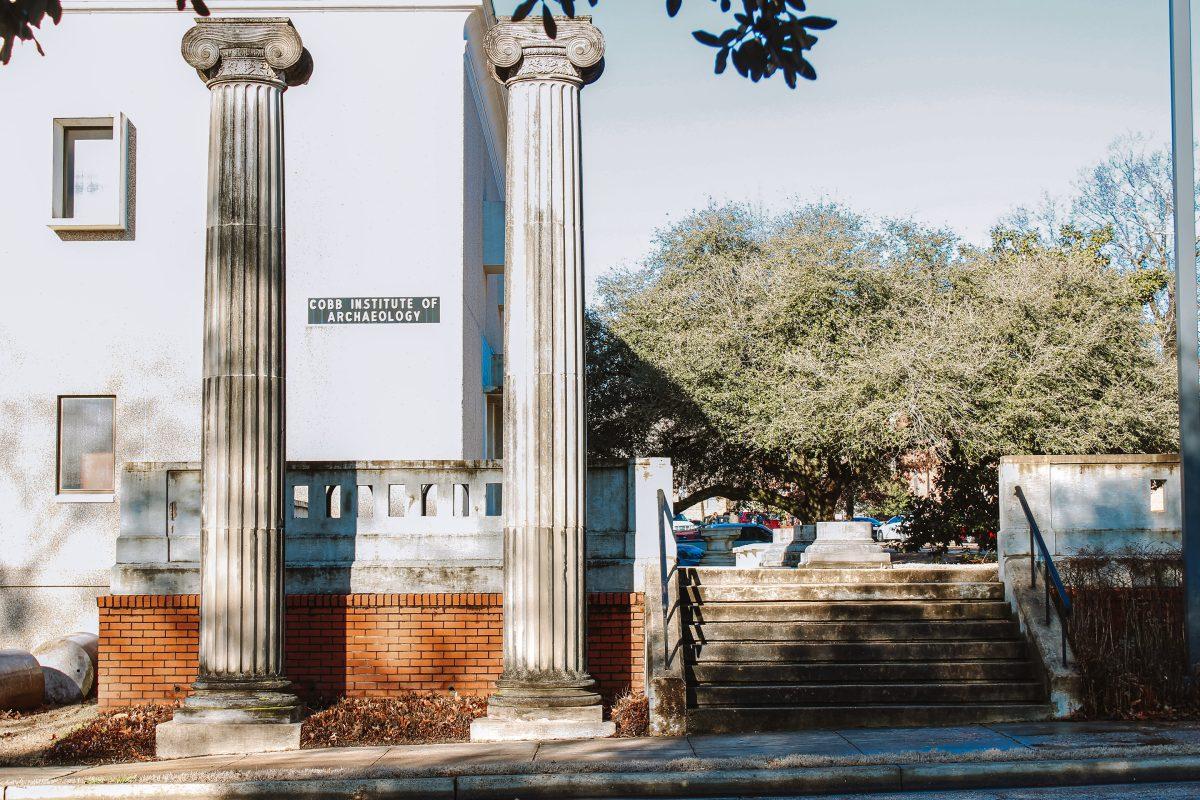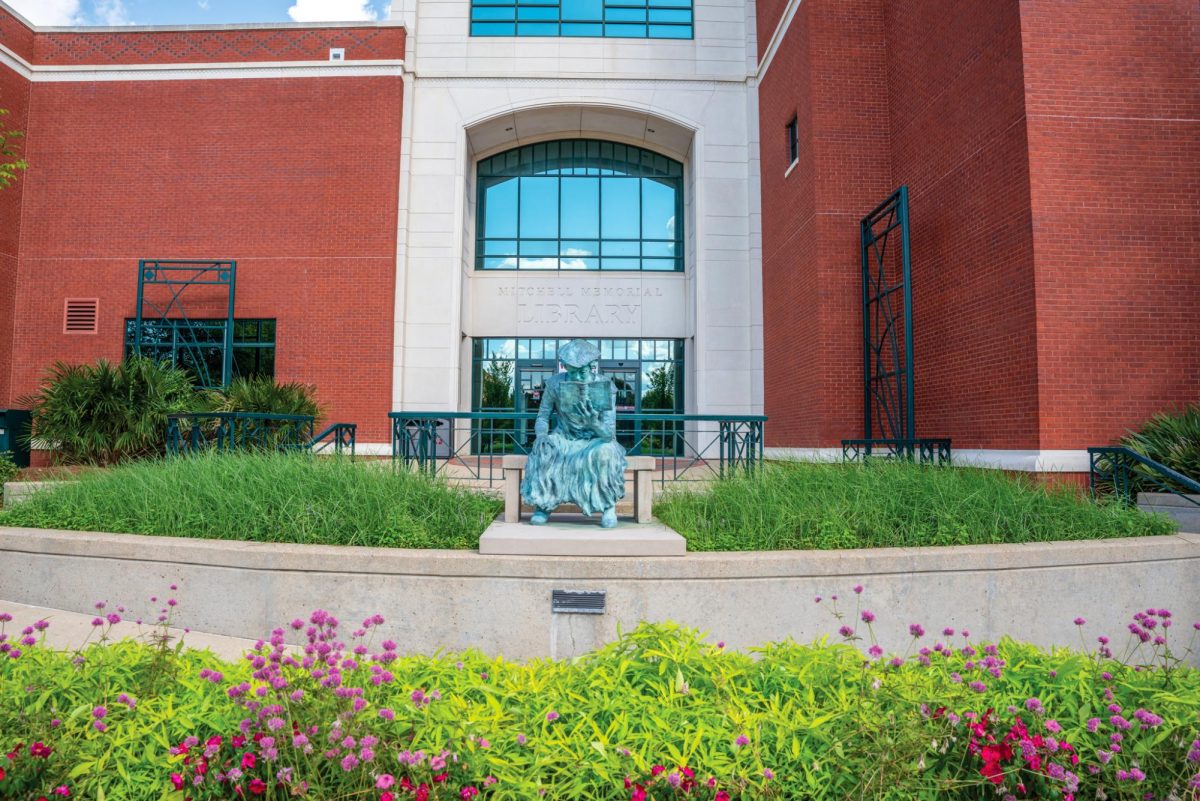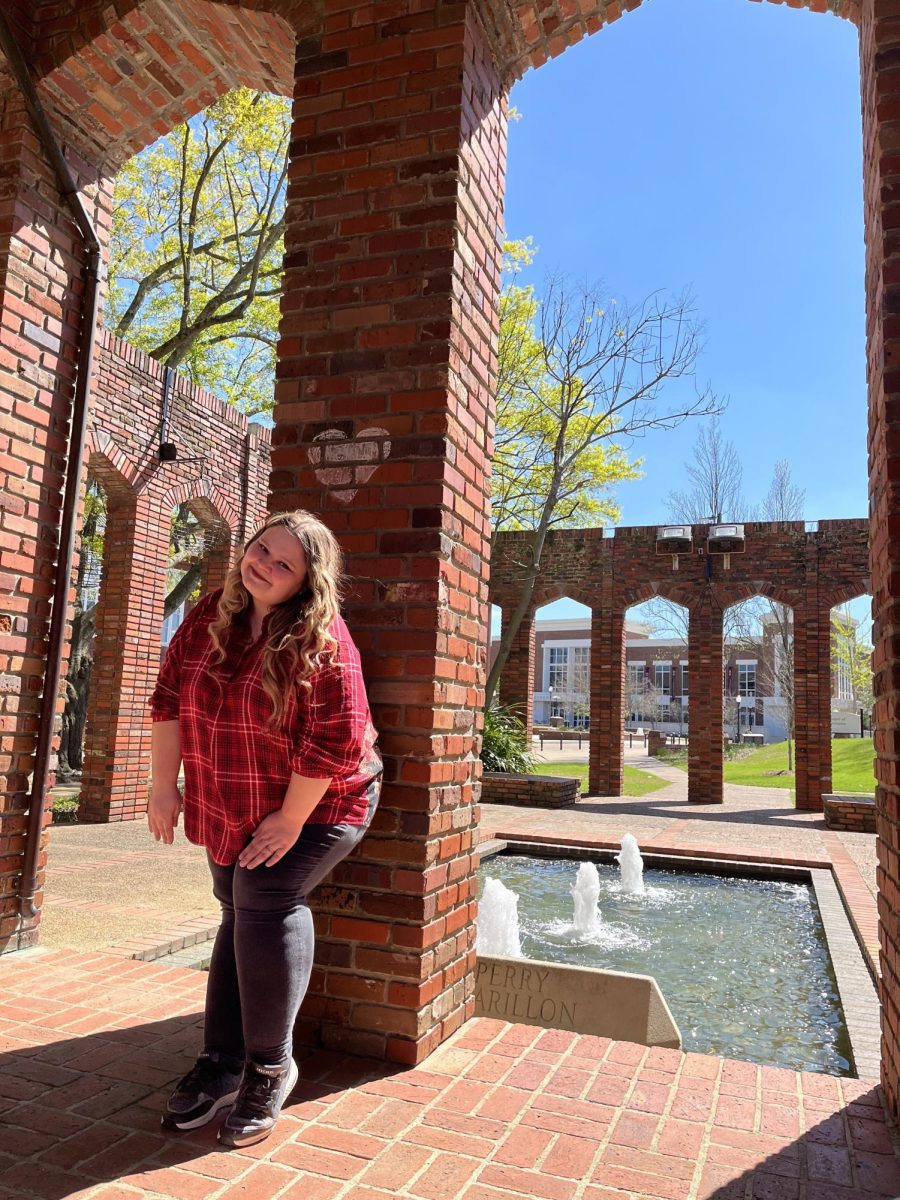A life-sized ancient statue has been discovered near the Appian Way in Rome, Italy.
The Appian Way is an early Roman road that connected the city to Brindisi in the southeast.
In a Facebook post, the Appia Antica Archaeological Park said an excavation crew found the statue in an old sewer line trench.
Upon initial inspection, the statue appeared to be a depiction of the Greek hero Hercules. After the Appia Antica archaeologists took a closer look, they decided the statue resembled Emperor Gaius Decius, a Roman emperor who ruled between 249 to 251 A.D.
As noted in the Jan. 27 post, Appia Antica archaeologists noticed the human characteristics of the statue. They dispelled the rumor that the statue was of Hercules. Instead, the institute believed the statue to be a depiction of Emperor Decius as Hercules.
Scott DiGiulio, a professor of classics at Mississippi State University, said these statues have more meaning than may initially meet the eye.
“When new statues or artistic representations are found, it can enrich what we know about the evolution of artistic styles, cultural exchange or more about how imperial figures, like in this case, employ strategies to project their image,” DiGiulio said.
DiGiulio said the finding may be significant because it could be another illustration of how emperors used popular mythological beings to project a desired image to their subjects.
“That’s why he looks more human,” DiGiulio said. “He was an emperor in a period with rapid turnover and internal political conflict.”
According to DiGiulio, Rome in 250 A.D. was fraught with conflict, including the persecution of Christians and invasions from neighboring enemies.
After discoveries like this, Meg Wang, an assistant professor of museum studies and conservation, said research continues into several other fields.
“After the initial cleaning and excavation, art historians or other experts can step in and make new discoveries as well,” Wang said.
Through the lens of these fields, Wang said different perspectives can be gathered to see if the statue may reveal more historical context through research.
DiGiulio explained why students should care about an overseas discovery.
“Anytime we find anything, it’s very exciting for what it can contribute to our historical knowledge and what people in antiquity did artistically,” DiGiulio said.
Maddy Green, a freshman anthropology major, said she was excited about the possibilities that this discovery could unravel.
“(I’m) hoping with the discovery of this statue, as with every discovery related back to the mythos, that a better understanding of the myths in Greek society will be reached,” Green said.
As an anthropology major, Green said she is passionate about further learning about overseas discoveries and sharing the information with her peers on campus.
“Ancient Greece has always fascinated me; its mythology is one of the main reasons I decided to become an anthropology major,” Green said.
Green said the familiarity of Greek culture is something that drew her to find interest in ancient discoveries.
“On one hand, it’s very familiar, but at the same time, they’re foreign societies,” Green said. “We have a historical memory of these places, but it’s incomplete.”
MSU faculty, students reflect on Roman statue discovery
Madelyn Sykes | The Reflector
Pictured is the archaeology building on campus. MSU faculty and students reflected on a recent discovery of Emperor Decius’ statue in Rome.
About the Contributor

Rose Doyle, Staff Writer
Rose Doyle is a sophomore history major. Rose is currently a staff writer for The Reflector.

































































































